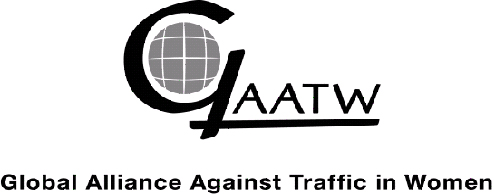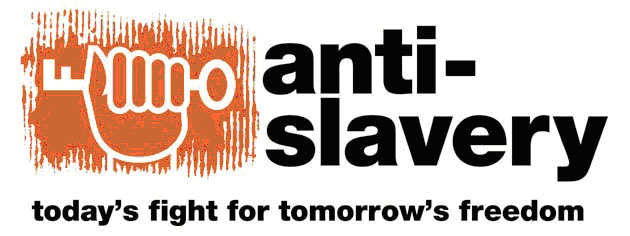GAATW and Anti-Slavery International call for action against forced labour


103rd Session of the International Labour Conference
28 May – 12 June 2014, Geneva
I would like to thank this Conference for the opportunity to speak on behalf of Anti-Slavery International and the Global Alliance Against Traffic in Women.
Everyone here is aware of the ILO estimates of a minimum of 21 million children and adults in forced labour and that the profits from this exploitation are estimated to be $150 billion per annum.
That is a dreadful indictment of how we conduct our business today.
We are no longer living in a 1930's world. Today the expansion of globalisation means that the international law governing the contemporary realities of trade has become vital. Hence this Conference is the essential forum where the dark side of these new realities must be confronted, not with fine words and voluntary approaches, but with robust international law.
Unless robust action is taken to extend the rule of international law against forced labour the routine enslavement of marginalised workers will continue to be at worst facilitated and at best tolerated in the global political economy.
So, as the UN Special Rapporteurs on Slavery, Trafficking and Migration have recognised, a binding Protocol is required to ensure coherent international action. This is necessary to prevent a minority of unscrupulous businesses and corrupt political elites from systematically using forced labour to derive competitive advantage over the vast majority of honourable business executives and politicians who are striving against all odds to make a better world for their employees and their citizens.
We therefore appeal to this Conference to seek a binding Protocol with a strong Recommendation to the Convention that will require states to ensure law and practice that effectively identifies and protects victims of forced labour, giving special consideration to the particular risks faced by migrants, women and children and to ensure that the perpetrators of forced labour compensate their victims; that require states ensure their courts and law enforcement have sufficient capacity to ensure effective rule of law against forced labour so that states create a level playing field for ethical business, declaring also their expectations of business action to eradicate forced labour from their supply chains and how businesses should disclose their efforts towards these ends; that requires states and employers to promote freedom of association and collective bargaining for all workers; and that encourages states to incorporate into their aid, trade and diplomacy measures to reduce the risk of forced labour.
I am sure that everyone in this room is abhorred by the idea of forced labour and slavery. However that is not enough. This Conference has the power to do something directly about its realities. It is the duty of everyone here to demonstrate that they are as opposed to the idea of slavery in practice as they are in principle. If this Conference fails in that task then the judgment of history and of conscience will be harsh.

